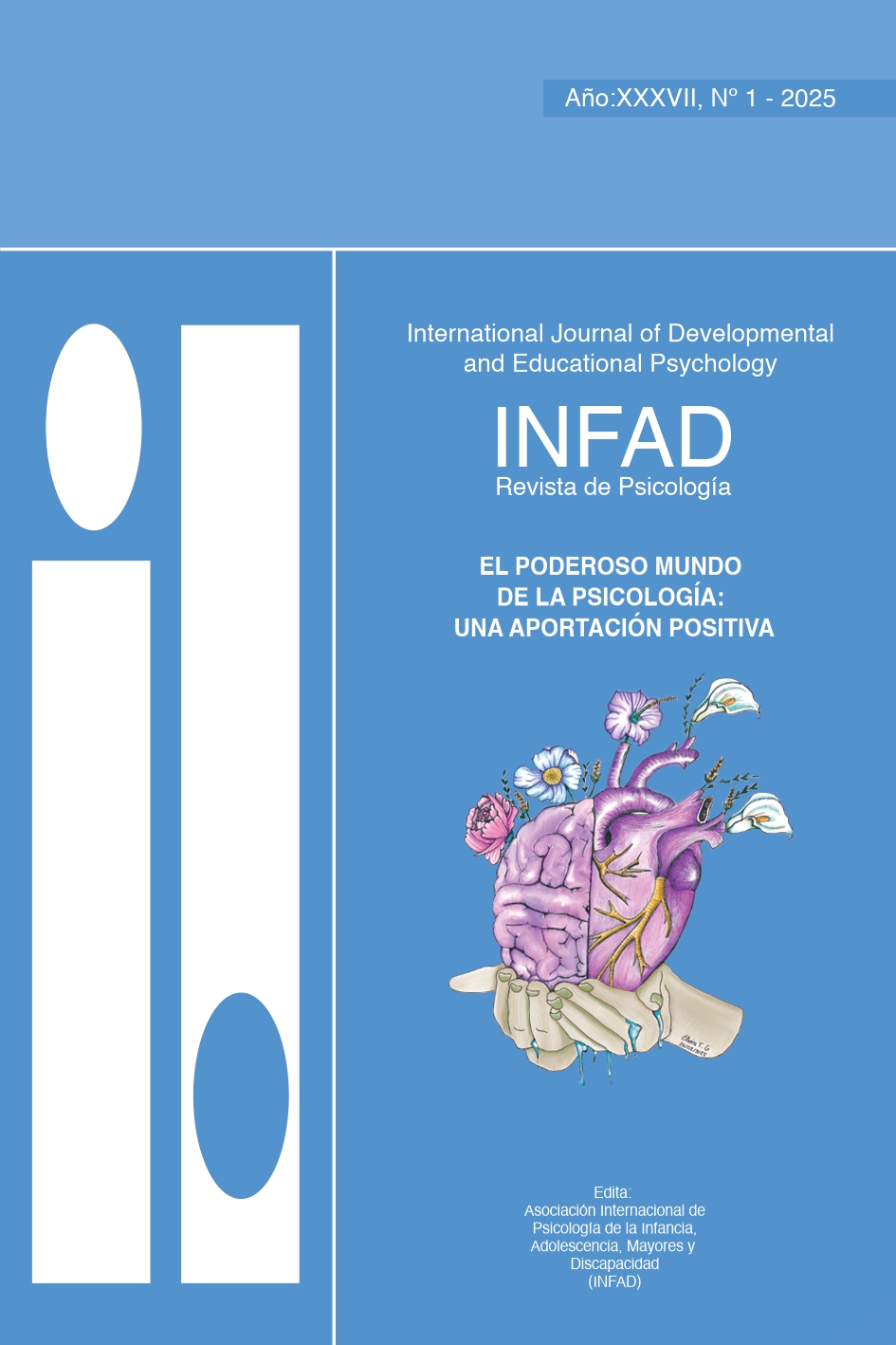Validation of a methodology for the development of board games for clinical psychological use
Main Article Content
Abstract
The objective of this research was to validate by expert judges a methodological proposal for the development of board games for clinical psychological use. The study was of a quantitative descriptive type, with a non-experimental cross-sectional research design. There were 13 expert psychologists, with master’s and doctoral degrees, who participated as judges, and 3 undergraduate psychology students who applied the methodology in the design of board games. The validation was carried out with two questionnaires (one directed at the judges and the other at the students) that measured the relevance, relevance, adequacy and usefulness of the methodology. The results of the agreement between judges were analyzed with Aiken’s V test, obtaining an agreement of relevance Vo=0.85, adequacy Vo=0.89 and usefulness Vo=0.92. Regarding relevance, the judges and students agree that the manual constitutes an efficient guide with scientific evidence. The students reported an agreement that was analyzed with Aiken’s V test, obtaining a relevance of Vo=1.00, adequacy Vo=0.98 and usefulness Vo=0.96. It is concluded that this methodology is viable and reliable for use in the design of board games for clinical psychological use.
Article Details
Section

This work is licensed under a Creative Commons Attribution-NonCommercial-NoDerivatives 4.0 International License.
Attribution — You must give appropriate credit, provide a link to the license, and indicate if changes were made. You may do so in any reasonable manner, but not in any way that suggests the licensor endorses you or your use.
NonCommercial — You may not use the material for commercial purposes.
NoDerivatives — If you remix, transform, or build upon the material, you may not distribute the modified material.

This work is licensed under a Creative Commons Attribution-NonCommercial-NoDerivatives 4.0 International License
How to Cite
References
Aguilera, E., Contreras, Y., Rojas, C., & Salgado, C. (2018). Experiencia de intervención socioafectiva y el desarrollo de habilidades para la vida mediante la utilización de juegos de mesa (Tesis de licenciatura). Universidad Académica de Humanismo Cristiano, Escuela de Pedagogía en Educación Diferencial, Santiago. https://bibliotecadigital.academia.cl/server/api/core/bitstreams/0bba9d74-9b72-40b3-ac3b-f702f98285ed/content
Cabero J., & Llorente, M. (2013). La aplicación del juicio de experto como técnica de evaluación de las tecnologías de la información y comunicación (TIC). Revista de Tecnología de información y comunicación en educación, 7 (2), 11-12. http://servicio.bc.uc.edu.ve/educacion/eduweb/v7n2/art01.pdf
Cerro-Herrero, D., Moreno-Díaz, M. I., Sánchez- Miguel, P. A., Vaquero-Solís, M., Tapia-Serrano, M. Ángel, & Prieto- Prieto, J. (2021). Diseño de juego de mesa para fomentar el desplazamiento activo al colegio entre los escolares: El camino al cole. Revista Española De Educación Física y Deportes, 432, 35–46. https://doi.org/10.55166/reefd.vi432.976 .
Dell’Angela, L., Zaharia, A., Lobel, A., Vico, O., Sander, D., & Samson, A.C. (2020). Board Games on Emotional Competences por School-Age Children. GAMES FOR HEALTH JOURNAL, 9 (3), 147-236. https://doi.org/10.1089/g4h.2019.0050
Escobar-Pérez, J., & Cuervo-Martínez, A. (2008). Validez de contenido y juicio de expertos: una aproximación a su utilización. Avances en Medición, 6, 27–36. https://www.researchgate.net/publication/302438451_Validez_de_contenido_y_juicio_de_expertos_Una_aproximacion_a_su_utilizacion
Garrido-Sánchez, A.B., & Crisol-Moya, E. (2023). Systematic Review: Benefits of Board Games in the Field of Social Education with Children Aged 6 to 18 Years Old. Education in the knowledge Society, 24, 1-17. https://doi.org/10.14201/eks.28528_e28528
Herráez, P. (2019). Diseño de juegos de mesa para la alfabetización emocional [Tesis de Licenciatura, Universidad de Valladolid]. https://uvadoc.uva.es/bitstream/handle/10324/40133/TFG-I-1437.pdf?sequence=1
Hernández-Nieto, R. A. (2002). Contributions to Statistical Analysis . Mérida, Venezuela: Universidad de Los Andes.
Melo, J.D., Ortega-Andrade. N.A, Tovar, A., & García, R. (2024). Juego de mesa para abordar el miedo en la adultez temprana: diseño y aplicación [Manuscrito presentado para su publicación]. Área de Psicología, Instituto de Ciencias de la Salud, Universidad Autónoma del Estado de Hidalgo.
Munari, B. (2016). ¿Cómo nacen los objetos? Apuntes para una metodología proyectual (2sa ed.). Gilli.
Noda, S., Shirotsuki, K., & Nakao, M. (2019) The effectiveness of intervention with board games: a systematic review. BioPsychoSocial Med, 13 (22), 1-21. https://doi.org/10.1186/s13030-019-0164-1
O Connor, K.J., Schaefer, E., & Braverman, L. (2017). Manual de terapia de juego . El Manual Moderno.
Osuna, J.L. (2000). Guia para la evaluacion de las politicas publicas. Instituto de desarrollo regional . Fundacion Universitaria.
Shaefer, C., & Gerard, H. (2006). Contemporary Play Therapy . The Guilford Press.
Tovar, A., Ortega-Andrade. N.A, Melo, J.D., & Ochoa, G. (2023). Validez de contenido por jueces expertos de un juego de mesa para regular el miedo en la adultez temprana [Manuscrito presentado para su publicación]. Área de Psicología, Instituto de Ciencias de la Salud, Universidad Autónoma del Estado de Hidalgo.
Victoria-Uribe, R., Utrilla-Cobos, S., & Santamaría-Ortega, A. (2017). Diseño de juegos de mesa. Una introducción al tema con enfoque para diseñadores industriales. Revista Legado de Arquitectura y Diseño , 21, 1-9. https://www.redalyc.org/journal/4779/477948279062/html/

